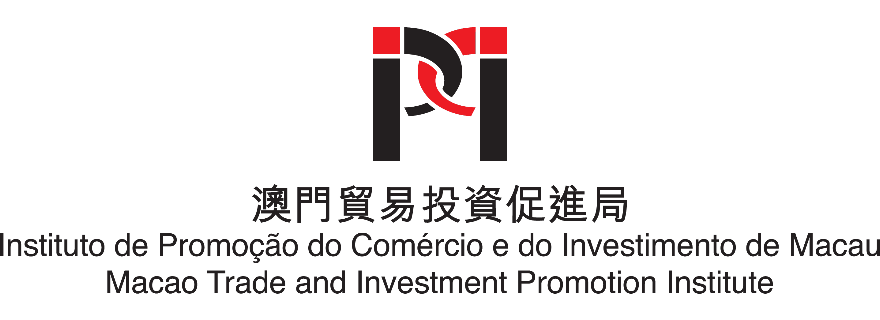Economic Overview and Business Strengths
- The Macao Special Administrative Region was established on 20 December 1999, where the Basic Law is followed and the “One Country, Two Systems” policy is implemented. The city features a safe and stable society with a steadily developing economy.
- Macao has a simple and low taxation system, with the maximum tax rate for profits tax and salaries tax being only 12%.
- Macao allows the free flow of capital and adopts a currency board system. The issuance of patacas is completely supported by foreign exchange reserves.
- In Macao, business operational guidelines conform to international conventions, and the same procedures for company incorporation apply to both local and foreign investors, which provides all investors with an ideal environment for investment and business.
- The Macao SAR grants the statutory exemption of “visas” or “entry permits” to nationals of 81 countries; 144 countries and regions have agreed to grant visa exemptions or visas on arrival to holders of a Macao SAR
- Macao has signed the Agreement for the Avoidance of Double Taxation and the Prevention of Fiscal Evasion with Respect to Taxes on Income with Mainland China, Cape Verde, Mozambique, Portugal, and other countries, which is effective in reducing the tax on cross-regional enterprises and personal tax burdens. From 2018 to 2021, the Macao SAR Government has exempted Macao enterprises from profits tax on income obtained or generated in PSCs, but this is only limited to the income that has been taxed locally. The Mainland and Macao Closer Economic Partnership Arrangement (CEPA) has been implemented since 2004. Ten supplementary agreements and several subsidiary agreements have since been signed, covering four economic and trade areas including Trade in Goods, Trade in Services, Investment, and Economic and Technical Co-operation. The Macao SAR has joined over 120 international organisations such as WTO, UNESCO and UNWTO.




